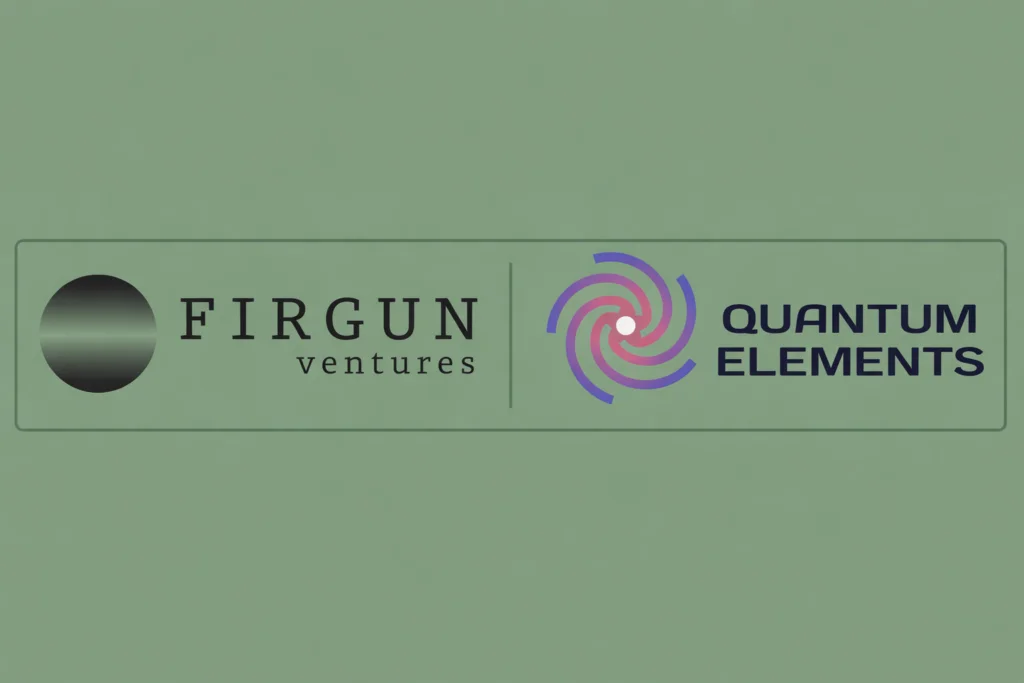Insider Brief
- Google CEO Sundar Pichai said practical quantum computers are at least five to ten years away, comparing their current stage to AI’s early development in the 2010s, Bloomberg reports.
- Despite billions in investment from governments and corporations, quantum computing remains in the research phase, with debate over when it will become commercially viable.
- Pichai highlighted a recent Google breakthrough in which a quantum chip solved a problem in five minutes that would take classical supercomputers longer than the age of the universe, but practical applications still face significant technical hurdles.
Practical quantum computers remain at least five to ten years from reality, Google CEO Sundar Pichai said, likening the field’s progress to the early days of artificial intelligence, Bloomberg reports.
“The quantum moment reminds me of where AI was in the 2010s, when we were working on Google Brain and the early progress,” Pichai, who also leads Google’s parent company, Alphabet Inc., said at the World Governments Summit in Dubai.
Quantum computing has attracted billions of dollars in government and corporate funding. Unlike traditional computers that process data using binary digits (bits) set as either 0 or 1, quantum computers use qubits, which can represent a range of probabilities. This theoretically enables vastly more complex calculations, which could improve simulations in areas like materials science, climate modeling and pharmaceuticals. The technology also poses risks to cybersecurity, as it could eventually break encryption methods used today.

But despite the investment and potential, quantum computing is still mostly confined to research labs. There is debate over how soon it will deliver practical results. In January, Nvidia CEO Jensen Huang expressed skepticism, saying “very useful” quantum computers were likely still decades away. His comment sent shares of some quantum companies lower, Bloomberg reported.
‘Palpably Exciting’
Pichai pointed to a recent milestone in Google’s own quantum research. Using an advanced quantum chip, the company solved a complex problem in five minutes that, according to Pichai, would take classical supercomputers “longer than our universe has been around.” The problem involved simulating quantum states, an area where conventional machines struggle, but where quantum computers are uniquely designed to solve.
“The progress in quantum is palpably exciting,” Pichai said, as reported by Bloomberg.
Still, translating breakthroughs into commercial applications remains a significant challenge. Current quantum systems are fragile and require extreme conditions, such as near absolute zero temperatures, to function. Error rates are high, and researchers are still refining error correction techniques to make computations reliable.
Governments and companies are betting that overcoming these hurdles will unlock major advancements. The U.S. has dedicated billions to quantum research through initiatives like the National Quantum Initiative Act, while China has built large-scale quantum research centers and launched a satellite for quantum communication experiments.
Tech giants, like Google, IBM and Microsoft — along with dozens of startups such as QuEra, IonQ and Quantinuum — are racing to improve quantum hardware, while companies are also focusing on cloud-based access to early-stage quantum processors.

Prediction Re-cap
Pichai’s comments suggest that meaningful applications — essentially this means applications that could outperform classical supercomputers in practical scenarios — are likely a decade away. However, these predictions join a host of technology leaders who are attempting to place their bets along the quantum timeline. Here’s a brief re-cap:
Jensen Huang
The aforementioned NVIDIA CEO Jensen Huang predicted that “very useful” quantum computing was a few decades away.
“If you kind of said 15 years for very useful quantum computers, that would probably be on the early side. If you said 30, it’s probably on the late side. If you picked 20, I think a whole bunch of us would believe it.”
Bill Gates
Bill Gates, co-founder and former CEO of Microsoft, believes that useful quantum computers could arrive in as little as three to five years.
“There is the possibility that he [Nvidia founder and CEO Jensen Huang] could be wrong. There is the possibility in the next three to five years that one of these techniques would get enough true logical Qubits to solve some very tough problems. And Microsoft is a competitor in that space.”
Hartmut Neven
Pichai’s boss, Hartmut Neven, who serves as Google’s head of quantum computing, said he expects to see real-world uses for quantum computers within the next five years, particularly in fields like materials science, medicine and energy.
“We’re optimistic that within five years we’ll see real-world applications that are possible only on quantum computers.”
Peter Barrett
In MIT Technology Review Peter Barrett, a general partner at Playground Global and a prominent deep-tech investor believes that quantum technology is converging on utility far faster than many expect, citing recent news about Google’s new Willow chip and PsiQuantum’s work with Boehringer Ingelheim.
“Advances like these lead me to believe that useful quantum computing is inevitable and increasingly imminent.”
Matt Swayne
Matt Swayne, a writer for The Quantum Insider, who has written extensively about people making predictions about the arrival of real-world quantum computing, said the debate is far from over.
“I predict I’m going to be writing a lot more prediction stories.”














